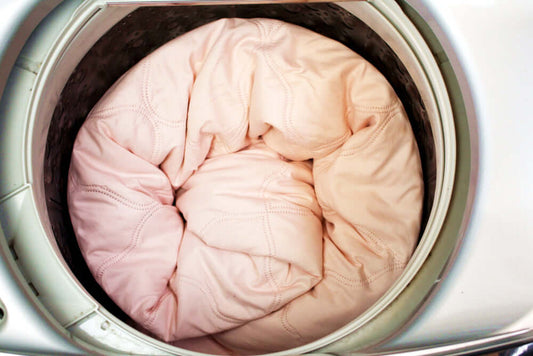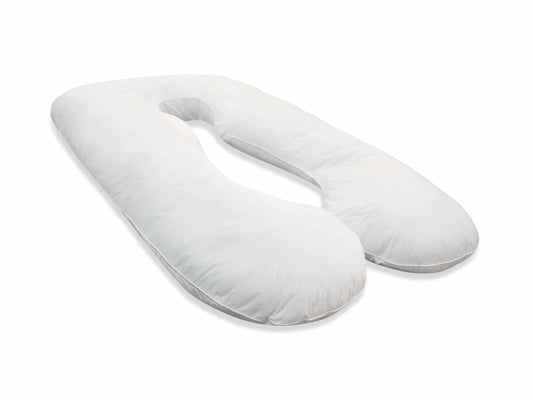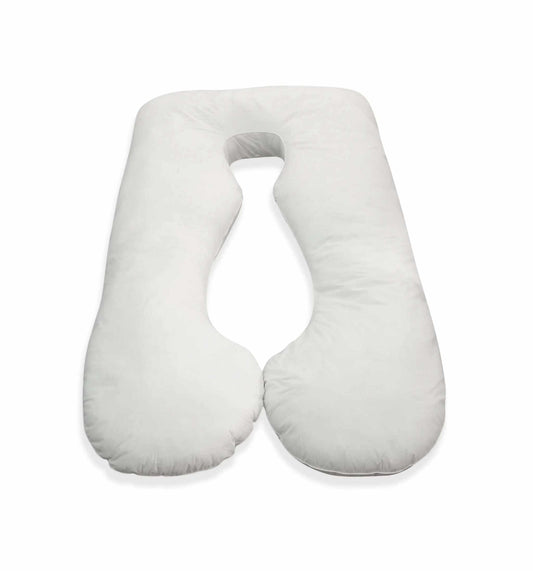Explore Insomnia Relief Techniques for a Restful Night
Insomnia can turn nights into a frustrating cycle of tossing and turning. For many, the quest for a peaceful night's sleep seems endless. However, numerous effective techniques can help manage insomnia and improve sleep quality. In this blog, we'll delve into various insomnia relief methods designed to help you achieve the restful night you deserve.
Understanding Insomnia
Before diving into relief techniques, it's important to understand what insomnia is. Insomnia is a common sleep disorder that can make it hard to fall asleep, hard to stay asleep, or cause you to wake up too early and not be able to get back to sleep. While occasional sleep disturbances are common, persistent insomnia can lead to significant daytime dysfunction and distress.
Behavioral Changes for Better Sleep
Establish a Sleep Routine
Consistency is key in combating insomnia. Try to go to bed and wake up at the same time every day, even on weekends. This helps regulate your body's clock and can help you fall asleep and stay asleep for the night.
Create a Bedtime Ritual
A relaxing routine before bed can help signal your body that it's time to wind down. This might include reading, taking a warm bath, or meditative exercises. Avoid stimulating activities like watching TV or browsing the internet right before bed.
Optimize Your Sleep Environment
Make sure your bedroom is conducive to sleep. Ideally, it should be quiet, dark, and at a comfortable temperature. Invest in good-quality bedding and consider using blackout curtains or white noise machines if necessary.
Diet and Lifestyle Adjustments
Monitor Your Diet
What you eat can impact your sleep. Avoid large meals, caffeine, and alcohol before bedtime, as they can disrupt sleep. Instead, opt for a light snack if you're hungry, such as yogurt or a banana.
Increase Physical Activity
Regular physical activity can help you fall asleep faster and enjoy deeper sleep. However, timing is important—exercise too close to bedtime may have the opposite effect.
Mind-Body Techniques
Practice Mindfulness and Meditation
Mindfulness and meditation can reduce stress and improve sleep. They involve focusing your mind on the present moment and can help you break the cycle of bedtime worries.
Try Progressive Muscle Relaxation
This technique involves slowly tensing and then relaxing each muscle group. This can promote overall calmness and reduce the symptoms of insomnia by relaxing your body before bedtime.
Medical Interventions
Consider Cognitive Behavioral Therapy for Insomnia (CBT-I)
CBT-I is a structured program that helps you identify and replace thoughts and behaviors that cause or worsen sleep problems with habits that promote sound sleep.
Discuss Medication with a Healthcare Provider
While not a first-line solution, medications can be beneficial in some cases. Always consult with a healthcare provider to ensure it's safe and appropriate for your specific needs.
How Body Pillows Can Alleviate Insomnia
Using body pillows is another beneficial strategy for those seeking relief from insomnia. The supportive structure of a body pillow can enhance comfort by helping to maintain proper spinal alignment and reduce pressure points throughout the night, both of which are crucial for preventing sleep disruptions and enhancing deep sleep. For side sleepers, a body pillow can also promote better hip and shoulder alignment, minimizing the tossing and turning that often accompanies discomfort. Furthermore, the comforting embrace of a body pillow can provide a soothing, secure feeling, mimicking the sensation of being hugged, which naturally promotes relaxation and can help ease the mind into a restful state. Integrating a body pillow into your sleep routine might just be the key to unlocking a more restful, uninterrupted sleep pattern, aiding significantly in the battle against insomnia.
Essential Considerations for Selecting the Perfect Pillow for Insomnia Relief:
-
Support and Comfort: The primary qualities to seek in a pillow aimed at alleviating insomnia are support and comfort. It should align the spine correctly, relieving any tension or pain that might impede sleep. Opt for a pillow that provides a fine balance between support and softness, tailored to your sleeping preferences.
-
Durability and Allergy-Friendly Properties: A durable pillow ensures long-lasting value, while hypoallergenic features are vital for sleepers prone to allergies or sensitivities. Choosing a pillow crafted from hypoallergenic materials can reduce the likelihood of allergic reactions, paving the way for uninterrupted sleep.
-
Breathability of Materials: Using pillows made from breathable fabrics such as cotton, microfiber, or bamboo can help regulate body temperature and prevent overheating—a common problem for those suffering from insomnia. A cool and comfortable sleep environment is crucial for high-quality sleep.
-
Customization for Personal Comfort: Individual preferences vary widely when it comes to pillow firmness. While some may find a firmer pillow more comforting, others might prefer a plush, softer feel. Testing various firmness levels can be key to discovering what best assists your body in relaxing fully into a rejuvenating sleep.
-
Leveraging Recommendations and Reviews: Conduct thorough research, peruse customer testimonials, and consult with sleep specialists if needed. Learning from others’ experiences can help steer you towards a pillow that effectively addresses your particular insomnia-related issues.
-
Flexible Purchase Terms: When selecting a pillow specifically for insomnia, look for options that come with a trial period or a flexible return policy. This allows you to try the pillow in the comfort of your own home and assess its true impact on your sleep without any risk.
Can an Inappropriate Pillow Aggravate Insomnia?
Indeed, the wrong pillow can exacerbate or even cause insomnia. Inappropriate pillows, either too lofty or too flat, can disrupt spinal alignment, leading to muscle strain and discomfort. Moreover, a pillow that doesn’t suit your needs might impair breathing, contribute to snoring, or exacerbate sleep apnea, all of which can disturb sleep. Choosing the right pillow that is tailored to your preferences is crucial in preventing insomnia and enhancing your chances of enjoying uninterrupted, restful sleep.
Conclusion
Living with insomnia can be challenging, but you don’t have to resign yourself to sleepless nights. By adopting the right techniques—from behavioral changes and lifestyle adjustments to medical interventions—you can find relief from insomnia and enjoy the restorative sleep you’ve been missing. Begin by trying out these methods to discover which ones help you slip into a peaceful slumber more easily. Restful nights are not just a dream—they can be your reality with the right approach.
Blog Post by Sanggol Blogs | Sanggolcomfort.com. Sanggol are manufacturers and retailers of Sanggol U Body Pillows | U Pregnancy Pillows, J Pregnancy Body Pillows and C shaped Body Pillow | Nursing Pillow.












